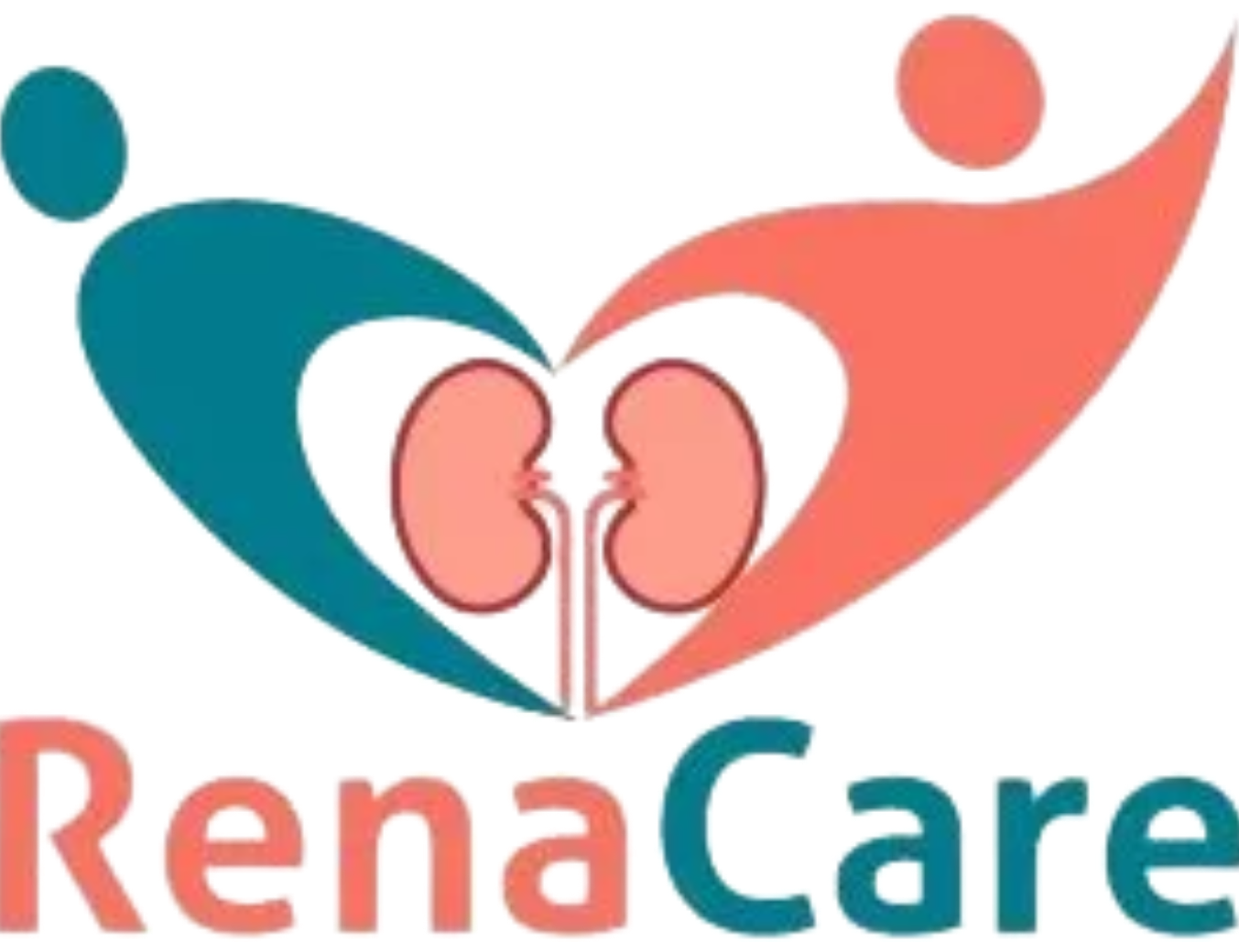What Dialysis is?
What Dialysis is?
Your kidneys are vital for sustaining your alive. They clean toxins from your blood, returning filtered, nutrient-rich blood to the bloodstream. The waste and extra water make urine, which moves from the kidneys into the bladder. Your kidneys also help regulate your blood pressure.
When you have kidney failure, your kidneys don’t filter blood the way they should. As a result, wastes and toxins build up in your bloodstream.
There are five stages of kidney disease. In stage 5 kidney disease, healthcare providers consider you to be in end-stage renal disease (ESRD) or kidney failure. At this point, kidneys are carrying out around 10% to 15% of their normal function. You may need dialysis or a kidney transplant to stay alive.
Dialysis is a treatment for those people whose kidneys are failing. Dialysis is doing the work of your kidneys: removing waste products and excess fluid from the blood.

Who needs Dialysis?
Who needs Dialysis
People who have kidney failure, or end-stage renal disease (ESRD), need dialysis. Injuries and conditions like high blood pressure, diabetes and lupus can damage kidneys, leading to kidney disease.
Some people develop kidney problems for no known reason. Kidney failure can be a long-term condition, or it can come on suddenly (acute) after a severe illness or injury. This type of kidney failure may go away as you recover.
People who have kidney failure, or end-stage renal disease (ESRD), need dialysis. Injuries and conditions like high blood pressure, diabetes and lupus can damage kidneys, leading to kidney disease.
Some people develop kidney problems for no known reason. Kidney failure can be a long-term condition, or it can come on suddenly (acute) after a severe illness or injury. This type of kidney failure may go away as you recover.
What Hemodialysis is?
With hemodialysis, a machine of certain specifications removes blood from your body, filters it through a dialyzer (artificial kidney) and returns the cleaned blood to your body. This is a 3- to 5-hour process and needs to be repeated 2-to-3 times a week.
Before you start hemodialysis, you’ll undergo a minor surgical procedure to make it easier to access the bloodstream.
During hemodialysis, the dialysis machine:
• Removes blood from a needle in your arm.
• Circulates the blood through the dialyzer filter, which moves waste into a dialysis solution. This cleansing liquid contains water, salt and other additives.
• Returns filtered blood to your body through a different needle in your arm.
Monitors your blood pressure to adjust how fast blood flows in and out of your body.
Before you start hemodialysis, you’ll undergo a minor surgical procedure to make it easier to access the bloodstream.
During hemodialysis, the dialysis machine:
• Removes blood from a needle in your arm.
• Circulates the blood through the dialyzer filter, which moves waste into a dialysis solution. This cleansing liquid contains water, salt and other additives.
• Returns filtered blood to your body through a different needle in your arm.
Monitors your blood pressure to adjust how fast blood flows in and out of your body.
Frequently Asked Questions from our patients:
Frequently Asked Questions from our patients:
1. Will Dialysis help cure my kidney disease?
No. If you are a chronic dialysis patient, then the answer is no. Dialysis does some of the work of healthy kidneys, but it does not cure your kidney disease. You will need to have dialysis treatments for your whole life unless you are able to get a kidney transplant.
2. Is Dialysis treatment painful?
You may have some discomfort when the needles are put into your fistula or graft, but most patients have no other problems. The dialysis treatment itself is painless. However, some patients may have a drop in their blood pressure. If this happens, you may feel nauseous, dizzy or faint, have a headache or cramps. With frequent treatments, those problems usually go away.
Other side effects of hemodialysis include:
• Chest pain or back pain.
• Headaches.
• Itchy skin.
• Muscle cramps.
• Restless legs syndrome.
Those are all normal/expected and our expert team of doctors are there with you every step of the way to help you through.
3. Do I need to watch my diet?
Yes. Your choices about what to eat and drink while on hemodialysis can make a difference in how you feel and can make your treatments work better.
Between dialysis treatment sessions, wastes can build up in your blood and make you sick. You can reduce waste buildup by controlling what you eat and drink.
Some foods cause wastes to build up quickly between your dialysis sessions. If your blood contains too much waste, your kidney treatment session may not remove them all. Our center’s renal dietitian will help you plan your meals. She has special training in caring for the food and nutrition needs of people with kidney disease, and she will sit with you and advice on the best nutrition plan for your health.
4. Will I ever feel normal?
Yes. Most of the patients live normal life except for vacating the time needed for treatments. Dialysis usually makes you feel better because it solves many of the problems caused as a result of kidney failure. You and your family will need time to get used to dialysis, but you can work, go on vacations, travel and enjoy spending time with your loved ones without ignoring your right treatment and receiving the support needed from your health caregivers.
1. Will Dialysis help cure my kidney disease?
No. If you are a chronic dialysis patient, then the answer is no. Dialysis does some of the work of healthy kidneys, but it does not cure your kidney disease. You will need to have dialysis treatments for your whole life unless you are able to get a kidney transplant.
2. Is Dialysis treatment painful?
You may have some discomfort when the needles are put into your fistula or graft, but most patients have no other problems. The dialysis treatment itself is painless. However, some patients may have a drop in their blood pressure. If this happens, you may feel nauseous, dizzy or faint, have a headache or cramps. With frequent treatments, those problems usually go away.
Other side effects of hemodialysis include:
• Chest pain or back pain.
• Headaches.
• Itchy skin.
• Muscle cramps.
• Restless legs syndrome.
Those are all normal/expected and our expert team of doctors are there with you every step of the way to help you through.
3. Do I need to watch my diet?
Yes. Your choices about what to eat and drink while on hemodialysis can make a difference in how you feel and can make your treatments work better.
Between dialysis treatment sessions, wastes can build up in your blood and make you sick. You can reduce waste buildup by controlling what you eat and drink.
Some foods cause wastes to build up quickly between your dialysis sessions. If your blood contains too much waste, your kidney treatment session may not remove them all. Our center’s renal dietitian will help you plan your meals. She has special training in caring for the food and nutrition needs of people with kidney disease, and she will sit with you and advice on the best nutrition plan for your health.
4. Will I ever feel normal?
Yes. Most of the patients live normal life except for vacating the time needed for treatments. Dialysis usually makes you feel better because it solves many of the problems caused as a result of kidney failure. You and your family will need time to get used to dialysis, but you can work, go on vacations, travel and enjoy spending time with your loved ones without ignoring your right treatment and receiving the support needed from your health caregivers.


